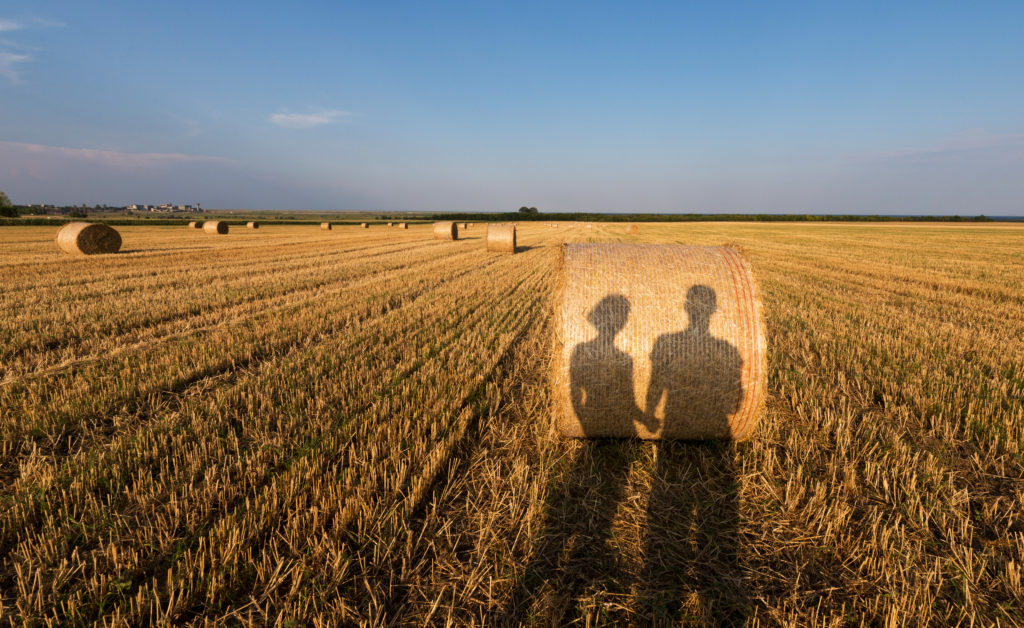
The Queen’s Speech on 11 May 2021 set out the government’s legislative priorities for the new Parliamentary session.
Queen’s Speech 2021
A number of these are particularly relevant to farmers, landowners and the wider rural sector. Most (if not all) will be familiar from other announcements and consultations from the past few years, but they are nonetheless a useful reminder of where important new legislation may be imminent.
The Environment Bill
The Environment Bill has been around in one form or another since Theresa May was Prime Minister, but the Government has stated that it now expects the bill to be passed into law by this autumn.
If it is passed, the new Environment Act would require the Government to set itself binding targets for improving the environment across the country – this is likely to produce a “trickle down” effect whereby other legislation is drafted in a way which contributes towards meeting these targets. Other important aspects of the bill are:
- The requirement that planning permissions for new developments must incorporate a plan for securing a 10% net gain in biodiversity either on-site or (if that is impractical) by investing in off-site mitigation/compensation.
- The introduction of conservation covenants – these are legally-binding obligations on landowners (and any future purchasers) to manage their land in specified ways to achieve environmental objectives.
- Various provisions to strengthen controls over waste management, air pollution and water resources (including water pollution and abstraction licences).
Planning Bill
Last year’s “Planning for the Future” white paper was (to say the least) controversial. The proposed shake-up would see planning policy being set on a purely national basis, together with the introduction of a three-fold “zoning” system whereby the entire country would be divided into “Growth”, “Renewal” and “Protected” areas – put very simply, most development would be allowed in the first, some development in the second, and only limited development in the third.
The Government has yet to respond to the various comments and criticisms it received from consultees last year, but the inclusion of a Planning Bill in the Queen’s Speech probably indicates that it intends to press ahead. A reshaped (and liberalised) planning system is clearly going to have a significant effect on determining whether land has development potential.
Animal welfare
This subject was specifically mentioned in the Queen’s Speech, and accompanied by the release of a new
“Action Plan for Animal Welfare”. Alongside pets and wild animals, the Government is clearly considering introducing new protections for farm animals, and has highlighted the following points:
- ending the export of live animals for fattening and slaughter
- introducing new measures to improve welfare during transport
- giving the police more powers to protect farm animals from dangerous or out of control dogs
- examining the use of cages for poultry and farrowing crates for pigs
- improving animal welfare at slaughter
- incentivising farmers to improve animal health and welfare through future farming policy
Landlord and Tenant
Giving residential tenants more security by abolishing “no fault” evictions has been mooted by the Government for some time, and is mentioned again in the Queen’s Speech this year. If such legislation is enacted, it will clearly have a significant impact on landlords who rent out properties on assured shorthold tenancies (ASTs), including rural dwellings such as farm cottages. A range of other, more technical amendments to ASTs have also been proposed – any new legislation will need to be carefully reviewed by landlords and their advisors.
Mobile phone masts
Operators of mobile phone infrastructure already enjoy sweeping powers to obtain rights to install masts and other equipment (generally on terms which are extremely favourable to the operator). The Queen’s Speech indicates that legislation is likely to be introduced to strengthen these powers still further in order to support the roll out of 5G.
Next Steps
Tom Graham is a Associate at Stephens Scown.
If you are seeking advice or have any questions in relation to this article, you can contact us by calling 0345 450 5558 or by emailing enquiries@stephens-scown.co.uk
Alternatively fill out the form below and we’ll get in touch right away.

